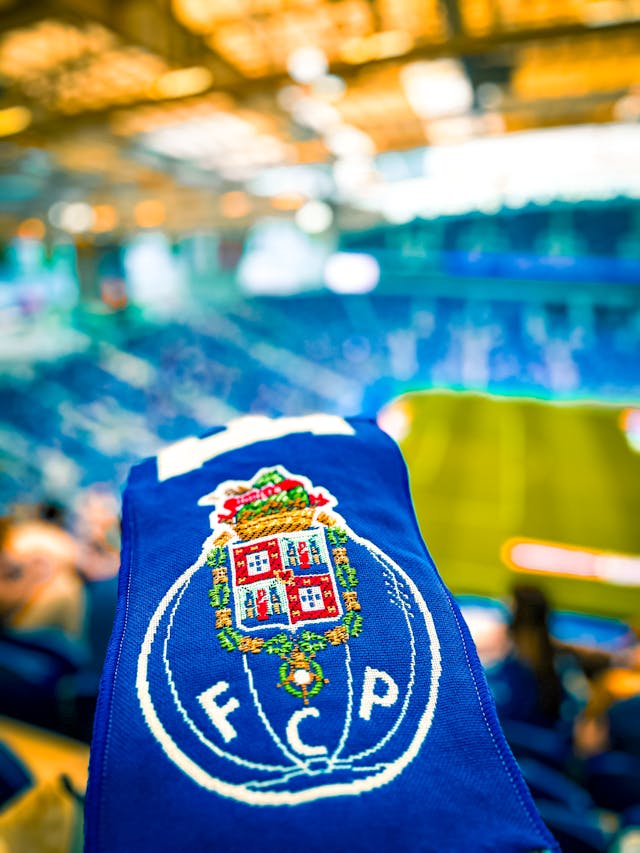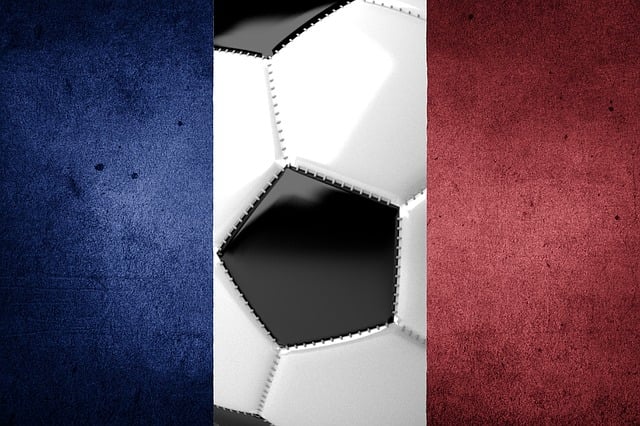Referee body cameras could soon become a regular feature in Premier League matches, following a major decision by football’s lawmakers to expand their use worldwide.
After successful trials at the Club World Cup in the United States earlier this summer, the International Football Association Board (IFAB) has given the go-ahead for the technology to be adopted by other competitions around the globe. FIFA, which supported the tests, is expected to implement the cameras during next year’s World Cup, and the Premier League is now weighing up whether to follow suit for the 2025–26 season.
Referee body camera in action. We can expect to see more of this at @FIFACWC ⚽️
— FIFA Media (@fifamedia) June 6, 2025
Footage from Botafogo vs. Pachuca in the FIFA Intercontinental Cup 2024™ where body cameras were trialled. #TakeItToTheWorld | #FIFACWC | #FootballUnitesTheWorld pic.twitter.com/A30PiFDDA1
While any domestic implementation would still require agreement from two-thirds of Premier League clubs, early signs suggest interest is growing. The league is reportedly considering using the cameras during its Summer Series finale in Atlanta this Sunday, with Thomas Bramall set to officiate Manchester United’s match against Everton.
The initiative builds on a one-off moment in May 2024, when referee Jarred Gillett wore a body camera during Crystal Palace’s 4–0 win over Manchester United. That footage, however, was recorded specifically for a programme highlighting the work of match officials and was not intended for broadcast.
The cameras, which also capture audio via the referee’s microphone, were introduced in grassroots football in England last year to help improve respect for officials. Their recent deployment at the Club World Cup was intended to explore how footage from a referee’s point of view could enhance the viewer experience.
The IFAB approves extension of trial with referee body cameras at professional level
— The IFAB (@TheIFAB) July 30, 2025
➡️ News release: https://t.co/ZWzxpczxvu pic.twitter.com/BdO1RXLp5G
“The possibility to see what the referee sees on the field of play... was not only for entertainment purposes, but also for coaching the referees (and) to explain why something was not seen on the field of play,” said Pierluigi Collina, chairman of FIFA’s referees committee.
As part of its efforts to modernise broadcast coverage, the Premier League is also exploring additional innovations this season, including dressing-room access, half-time and in-game interviews with managers and players.
Competitions interested in joining the extended trial of referee body cameras will need formal approval from both IFAB and FIFA. These governing bodies are expected to provide guidelines and technical assistance to ensure proper use of the technology as its adoption grows.
Featured Image Credit: Pixabay / Alexander Fox
.png)



.jpg)
.jpg)
.jpg)




